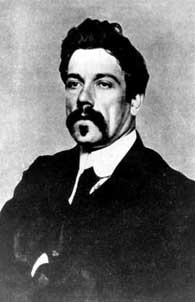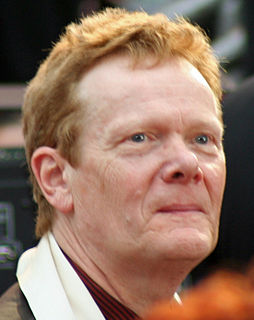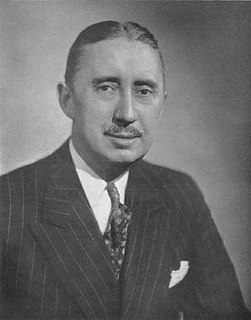A Quote by John Millington Synge
The general knowledge of time on the island depends, curiously enough, on the direction of the wind.
Related Quotes
When we think of [John F. Kennedy], he is without a hat, standing in the wind and weather. He was impatient of topcoats and hats, preferring to be exposed, and he was young enough and tough enough to enjoy the cold and the wind of those times.... It can be said of him, as of few men in a like position, that he did not fear the weather, and did not trim his sails, but instead challenged the wind itself, to improve its direction and to cause it to blow more softly and more kindly over the world and its people.
Faced with the immensity of the universe, Job realized that there are limits to man's rationalizing, that we cannot find where the cloud of sorrow starts, that all our boasted knowledge is but an island in the vast ocean of mystery, and as the island of knowledge grows larger, the shore line of mystery becomes longer. At the end of his wits, he surrendered in trust to a Higher Wisdom.






































